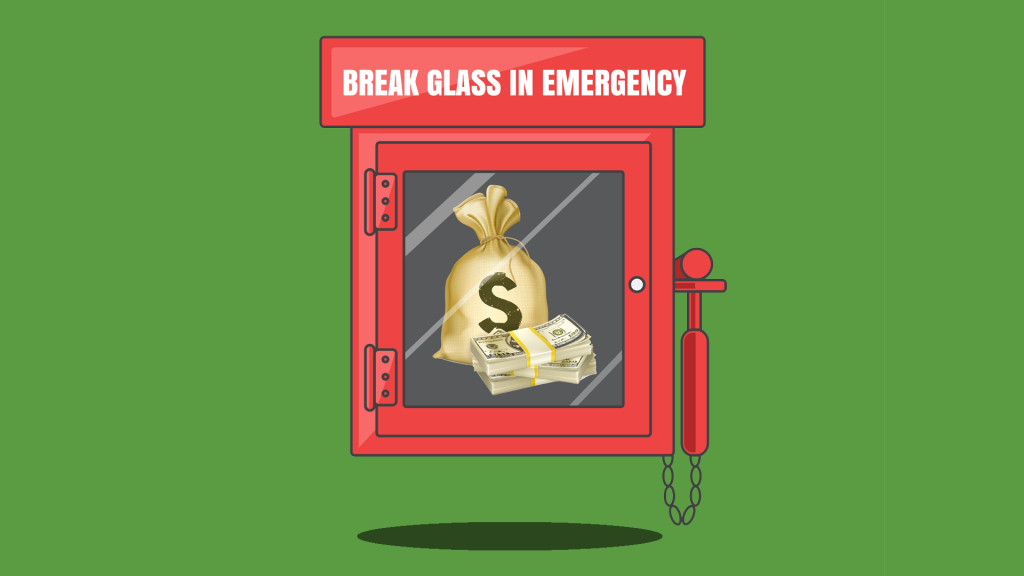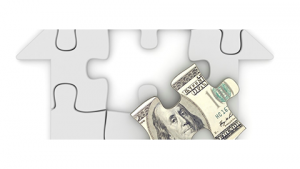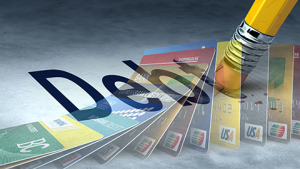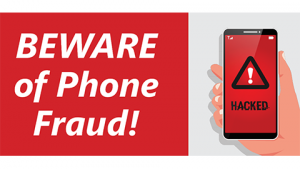
Starting a savings plan for emergencies may seem like a daunting task. Your goal may seem unreachable or impossible, especially if you’re living paycheck to paycheck.
According to a May 2021 survey, not saving enough for emergencies is Americans’ biggest financial regret.
But why is an emergency savings plan important? Because while you can’t control when something unexpected happens to you, you can control being prepared for the unexpected.
Imagine your air conditioner going out in the July heat on the hottest day of the year. Or, your car breaking down. Unforeseen circumstances can cause problems that can then snowball, if not addressed as soon as possible.
An emergency savings plan creates a financial buffer which helps in times of need and can stave off debt. An emergency savings fund can keep you from needing to take out a payday loan or using high-cost credit cards to cover the cost of the emergency.
According to a July 2021 survey, more than half of Americans have less than three months’ worth of expenses saved in an emergency fund – and 25% have no emergency fund at all – which is up from 21 percent in 2020.
Three months’ worth of savings won’t happen overnight.
So how do you start saving?
If money is tight, start small, with a goal of saving $100. Then $500. Then $1,000. Work your way up to six months’ worth of expenses. It’s not about how much money you make — it is how you manage your money that matters.
Once you have it established, resist the temptation to dip into it.
Have the money direct deposited from your paycheck into a designated emergency fund account – not your checking account – so it’s automatic.
Financially Fit is your home fitness guide for all things financial, provided by RCB Bank. Find money-building tips, insights and inspiration to help you improve your financial well-being at RCBbank.com/GetFit. Opinions expressed above are the personal opinions of the author and meant for generic illustration purposes only. RCB Bank, Member FDIC.


